Please read these articles for a sense of the issues we face.
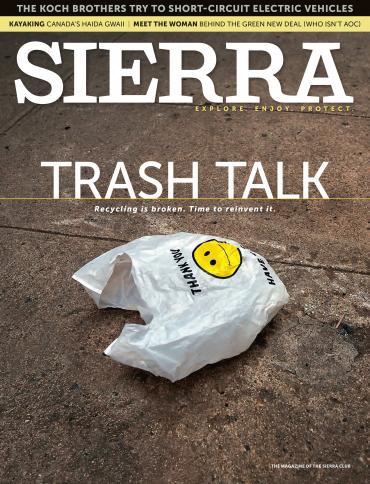
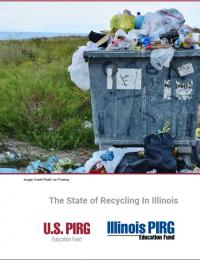
Link to Trash Talk Article Link to Recycling Article
Take a Pass on the Plastic
We have the power to reduce our plastic footprint
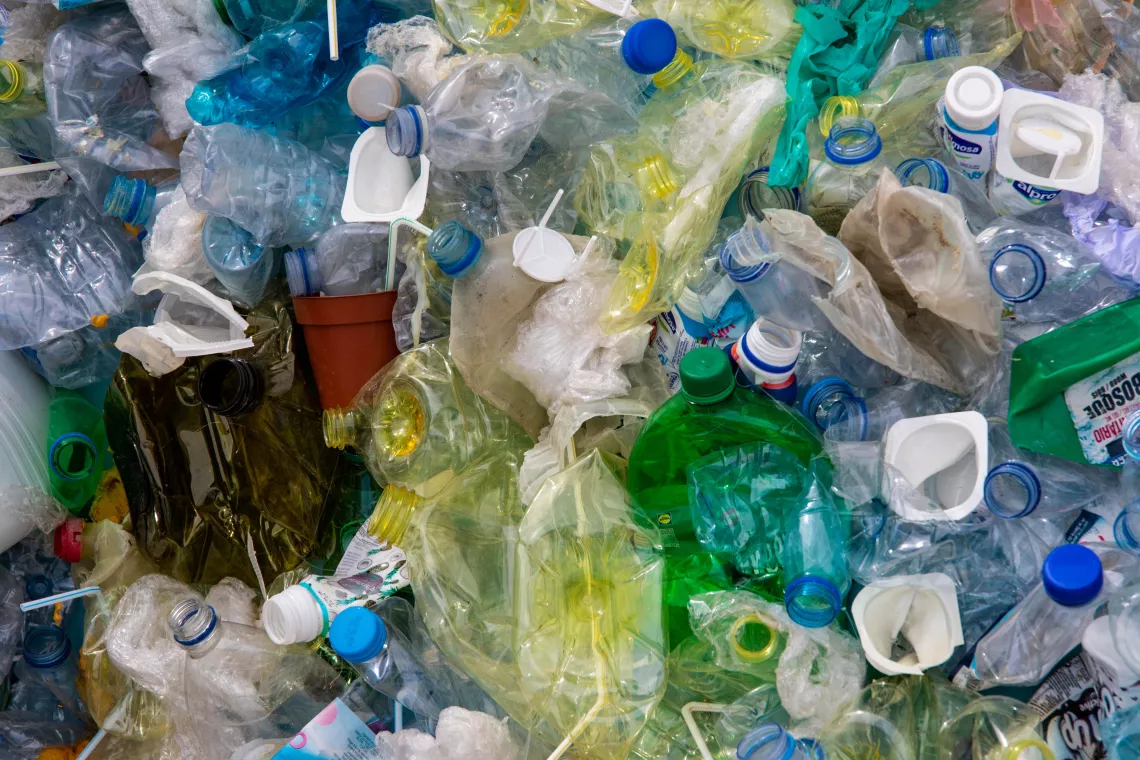
Photo by Magda Ehlers
One-third of plastics are used once and thrown away. The good news is we can all make a difference. Decisions we make every day, especially when shopping, give us the power to reduce our own plastic footprint.
The impact of plastic
Less than 9% of plastic waste is recycled worldwide. In the US, it's less than 6%. Most plastic goes into landfills. The rest is burned. Most recyclable plastic is not recycled due to cost and limited demand. Straws, utensils and many other plastic items are not recyclable.
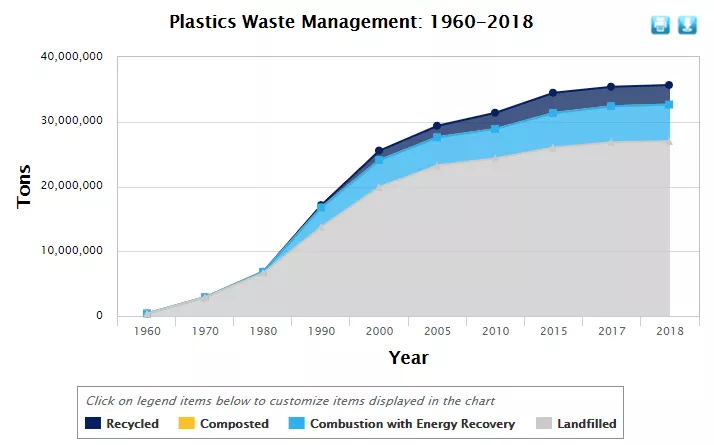
Source: US Environmental Protection Agency
Researchers estimate that 22 million pounds of plastic enters the Great Lakes each year. Most of it ends up in Lake Michigan.
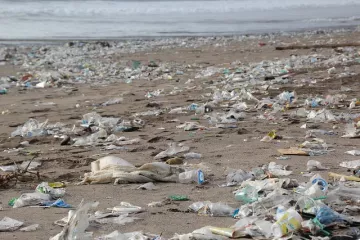
Photo: pixabay.com
Wildlife are harmed by consuming and becoming entangled in plastic waste.
Plastic waste lasts thousands of years. It breaks down into microplastics that leach into soil and groundwater, contaminating our food and drinking water. Studies have found microplastics in breast milk, placentas and other human tissue.
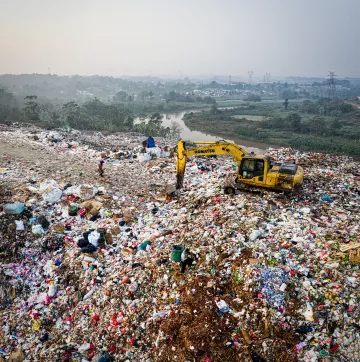
Photo: Tom Fisk
Plastic is 90% petroleum. Plastic is the oil industry’s new growth market and the industry is ramping up production to meet the demand. At every stage of its life cycle—from drilling to manufacturing to packaging to retailers to consumers to disposal—demand for plastic is a major contributor to climate change.
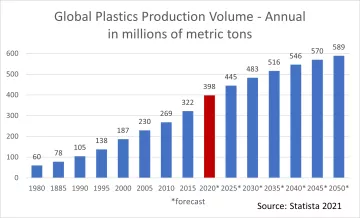
Source: Statista 2021
Smarter: ♻️Which Plastics Are Actually Recyclable? - Consumer Reports
What Really Happens to Your Plastic “Recycling”
Plastics: Material-Specific Data
Become part of the solution
Reducing your plastic consumption can be easy. You only have to be willing to give it some thought and change a few habits, including how you shop. Read on for dozens of practical tips to reduce your consumption of single-use plastics.
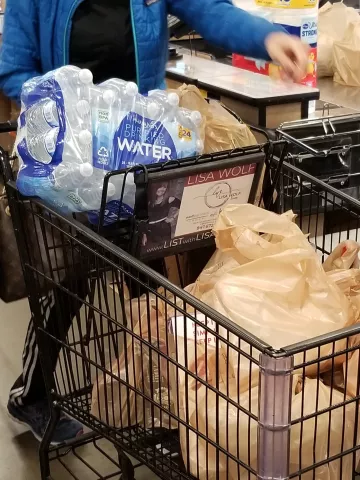
Photo : Sharon Starr
Remember the 4 Rs
- REFUSE disposable plastic whenever possible.
- REDUCE the amount of goods you purchase with excessive plastic packaging and parts.
- REUSE durable straws, utensils, bottles, bags, containers and other everyday items.
- RECYCLE what you can't refuse, reduce or reuse.
Refuse
- Tell merchants that you're avoiding single-use plastics.
- Thank merchants who offer eco-friendly products and packaging.
- Ordering carryout? Specify no plastic bags, cutlery, straws or plastic containers, especially polystyrene foam (e.g., StyrofoamTM).
- Specify no straws, stir sticks or plastic lids for beverages.
- Don't buy resealable plastic bags
- Don't buy items that are needlessly wrapped or in single-serving packages. Some examples are single-cup coffee pods and individually wrapped tea bags, powdered beverages and condiments.
Reduce
- Drink tap water out of a glass or reusable bottle.
- Buy bar soap instead of liquid soap. Shampoo and conditioner come in bars, too.
- Buy powdered laundry detergent in boxes.
- Buy milk and juice in recyclable cartons or glass containers.
- Choose reusable containers for food storage and box lunches.
- Put a wool dryer ball in your clothes dryer instead of dryer sheets.
- When buying clothes, opt for natural fibers like cotton and wool. Synthetic materials contain plastic.
Reuse
- Reuse items you already own. Think carefully before purchasing new items.
- Take reusable bags when you go shopping. Keep them handy in your car.
- Buy produce in bulk (unpackaged). Keep a few mesh bags handy for produce.
- Take reusable water bottles and travel mugs when you’re out and about.
- Make a “go bag” to keep in your car. It can include reusable containers for leftover food, utensils, straws, and anything else you might need to stay green when you’re on the go.
Recycle
- Clean items to be recycled.
- Recycle plastic beverage bottles and containers.
- Put caps and lids back on items to be recycled.
- Put items in recycle bins loose, never in plastic trash bags.
- Many grocery stores collect plastic bags and other flexible plastics for recycling. They must be clean and dry.
- Recycling should be a last option. If you do recycle, make sure you are following the guidelines of what to recycle based on your local waste management company. Your Department of Public Works will often have information to share with you. Or learn about your local recycling rules. In Cook County, go to www.swancc.org. In Lake County, check with www.swalco.org.
Any items you can’t find in stores are available online.
How you can get involved
The Northwest Cook County Group is working with concerned citizens from many areas of Cook County to facilitate a Take A Pass on Plastics using grassroots action to reduce single-use plastic consumption in our local communities.
Some of the activities of this team are: *Visiting restaurants to encourage them to replace plastic with reusable or biodegradable items and to provide plastic straws and utensils only when customers request them.( training provided) *Tabling at grocery stores to help inform their customers about the plastics problem and to drive a shift from plastic to reusable bags and more eco-friendly packaging. *Partnering with other green groups to maximize our impact. This can include becoming aware of plastic reduction legislation and using our voices to let our representatives know how we want them to vote.
We have a slide bank for anyone to use to speak to groups (schools, clubs, faith communities and more) and attending green fairs to raise consumer awareness.
The plastics team meets online once a month for one hour. All are welcome. For more information, and/or to join one of our meetings, contact the campaign liaison, Pat Nuccio, NWCCsierraclub@gmail.com. Just put plastics in the subject line.